Repronews #74: In vitro eggs, IQ selection, Boomergeddon—oh my!
Human IVG achieved | Herasight offers IQ selection | IVF-maxing in the UK | Fertility decline & aging in Europe | Denisovan DNA adaptive in Native Americans
Welcome to the latest issue of Repronews! Due to lack of bandwidth, this newsletter has become more irregular. I will however continue to publish when there is major news in the areas of reprotech and demographic trends.
There has been a lot of coverage in leading Anglo media in recent months of “designer babies” and fertility collapse/ aging, as journalists have become more aware of reprotech breakthroughs and the socioeconomic and even political implications of demographic trends. This newsletter offers a few highlights:
Repro/genetics
U.S. researchers create functonal human eggs from skin cells, offering long-term hope for infertile people.
Herasight decloaks: reprotech startup openly offers polygenic embryo selection for reduced risk of diseases and higher intelligence.
Dr. Thanos Papathanasiou argues that with public funding of IVF, 1 in 10 births in Britain could be achieved through assisted reproduction.
Population Policies & Trends
François Valentin highlights the adverse socioeconomic consequences of fertility collapse in Europe; U.S. births now outnumber the EU’s.
The Financial Times reports on ballooning elderly spending and associated political instability in Britain and France.
Genetic Studies
Some Denisovan DNA was adaptive and positively selected for in Native Americans.
Further Learning
Repro/genetics
“Researchers produce human eggs from skin cells in scientific first” (ABC)
A U.S. research team has succeeded in taking DNA from skin cells to create functional human eggs.
The technique involves somatic cell nuclear transfer (SCNT)—transferring skin cell DNA into a functional ovary—and then halving the number of chromosomes through an experimental process call mitomeiosis.
Professor Paula Amato of Oregon Health and Science University said: “In addition to offering hope for millions of people with infertility due to lack of eggs or sperm, this method would allow for the possibility of same-sex couples to have a child genetically related to both partners.”
After fertilization, one in 10 of these eggs continued to developed after six days, the traditional moment when an embryo would be implanted during IVF.
The researchers stress that the procedure is only a proof-of-concept at this stage and that years of research on efficacy and safety will be needed before clinical application.
IVF startup Herasight offers embryo selection for IQ (Herasight)
The genetic screening startup Herasight went out of “stealth mode” in August, publicly revealing its embryo selection services.
Herasight offers polygenic selection of embryos according to their reduced probability of developing cancers, type 2 diabetes, schizophrenia, and other diseases, as well as increased probability of higher intelligence.
The company’s website features an embryo screening tool to simulate outcome probabilities based on number of embryos, ancestry, and selected traits.
It also features an IVF Calculator to predict prospective parents’ chances of success at each stage of IVF treatment, from egg retrieval to live birth.
The company’s claims for the accuracy of its polygenic scores for within-family prediction of disease risks is detailed in a white paper.
The Washington Post reported that some of Elon Musk’s children may have been conceived and selected via Orchid Health, another IVF startup which provides polygenic selection of embryos to reduce risk of diseases.
The popular blog Astral Codex Ten summarized how polygenic selection works and addressed various ethical objections.
Dr. Emma Meaburn of Birckbeck, University of London, recently argued that “it seems likely that the predictive power of polygenic scores will grow—especially when combined with other information—but they will never be a crystal ball.”
Jonathan Anomaly, a philosopher and Herasight’s Director of Communications, discussed the ethics of polygenic embryo screening with philosopher Allen Buchanan.
Anomaly also joined the Genetic Literacy Project Podcast to discuss “the messy ethics of embryo selection” with Cameron English and Liza Lockwood.
Anomaly and his Herasight colleages Ivan Davidson and Santiago Munne wrote an article for the American Society of Reproductive Medicine’s (ASMR) journal Fertility and Sterility, making the case for “the polygenic revolution.”
They argue that polygenic embryo testing (PGT-P) is a “natural extension” of current practice of genetic testing of embryos.
They conclude: “Rather than condemning PGT-P with vague worries about ‘playing God’ or the lack of equal access for everyone—which apply to most scientific breakthroughs—we should focus research on improving the predictive power of polygenic scores for all ethnic groups, and on demanding that providers empirically validate their results.”
“Forget ‘1 in 32 children from IVF’: We should aim for 1 in 10” (PET)
Dr. Thanos Papathanasiou, CEO and Medical Director of the Bourn Hall Clinic, Britain’s leading IVF clinic, argues for improving access to IVF services.
British research estimates each IVF-conceived child contributes £100,000 in net lifetime taxes on average, as against a public cost of £13,000–16,000 per live birth. Funding three IVF cycles (£15,000) still yields a strong return on investment. A U.S. study similarly finds a $155,000 return per child.
Dr. Papathanasiou argues that the share of babies conceived via IVF in the UK can be increased from 1 in 32 to 1 in 10 by increasing accessibility of IVF services. This would also help raise Britain’s low fertility rate of just 1.41 per woman.
Reportedly, almost 1 in 10 births in Denmark and Israel are achieved through assisted reproductive techniques such as IVF and artificial insemination, “showing what is possible when access is treated as a national priority.”
To increase the accessibility of IVF, Dr. Papathanasiou argues for increased funding, long-term planning, expert input, consistent standards, elimination of postcode inequalities, and streamlined administration.
He concludes: “This is not just about numbers and policies—it is about fairness, hope, and the belief that everyone who wants to build a family should have that chance.”
More on repro/genetics:
“Gene editing is being sold on the promise of healthier babies—But what are the ethical concerns?” (ABC)
“Inside Silicon Valley’s growing obsession with having smarter babies” (Wall Street Journal)
“The quest to create gene-edited babies gets a reboot” (NPR)
“How far is the clinic? Urbanicity and sociodemographic variation in the distance to assisted reproductive technology clinics in the USA” (JARG)
“Brussels fertility clinic investigated for exceeding donor limits” (PET)
Population Policies & Trends
“Europe is doomed: This chart shows why” (The Telegraph)
Political analyst and noted tweeter François Valentin argues that fertility collapse will have lasting negative effects on Europe’s economy, society, and security.
He notes that in 2024, for the first time, the U.S. had more live births than the EU, despite America having 110 million fewer inhabitants.
The EU’s fertility rate has fallen to 1.35 per woman.
Valentin argues that ecological anxiety about having children is misplaced.
Falling fertility undermines growth as the share of the working-age population shrinks and poses a serious medium-term security threat as mobilizable manpower dwindles.
In addition, large and high-voting elderly populations will “distort out democracies” and will contribute to “impossibly toxic political conversations about the trade-offs of immigration.”
While British women say in survey that they want 2.35 children on average, the fertility rate in 2024 was only 1.41.
Valentin concludes: “a childless continent will not just be smaller, poorer, and older; it will also be lonelier and sadder.”
“France and Britain are in thrall to pensionsers” (Financial Times)
John Burn-Murdoch argues that politicians who spoke honestly about aging-related costs—such as Britain’s Theresa May and France’s Emmanuel Macron, Michel Barnier, and François Bayrou have been punished by voters.
He higlights how the British and French pension systems are unsustainable, squeezing out other spending—such as infrastructure and defense—and destabilizing governments.
Pensioners’ incomes have grown faster than workers’ in both countries. In France, pensioners now earn more than workers.
More on population policies and trends:
“A contracting population need not be a catastrophe” (The Economist)
Renaud Foucart, “The global economy has a boomer problem” (TIME)
“Brain drain as geopolitical strategy” (Not With a Bang)
“Israel’s future-oriented natalism: A Q&A with Daniel Kane” (Public Discourse): Reflects on Israel’s child-friendly culture, family subsidies, extended family support networks, less neurotic approach to parenting than the U.S., and the social normalization of large families.
Genetic Studies
Study finds Denisovan DNA was adaptive for Native Americans (Science)
Modern humans interbred with Neanderthals and Denisovans, leaving small archaic DNA segments in our genomes.
Some archaic variants became adaptive under local environmental pressures.
An archaic version of MUC19, which encodes a protein involved in immunity, was found to be positively selected for among Native Americans.
The researchers believe the genetic material was first in Denisovans, then passed on to Neanderthals, and then to Homo Sapiens.
The exact adaptive function of the gene is not clear, but may be related to immunity.
More on genetic studies:
“Multiomic study of world’s longest-lived person gives insights into aging” (PET)
Further Learning
“12 things everyone should know about evolutionary theory” (Steve Stewart-Williams)
“Brain editing now ‘closer to reality’: The gene-altering tools tackling deadly disorders” (Nature)
Study of 20,000 Finns finds smarter people commit less crime (Steve Stewart-Williams)
“Genetic enhancement technologies: Navigating ethical, political, and commercial frontiers in a rapidly evolving market” (AInvest)
“Javanese ethical concepts in health and healing” (JoME)
“Cultural challenges to the adversarial cooperation framework in bioethics: A Confucian critique” (JoME)
Disclaimer: We cannot fact-check the linked-to stories and studies, nor do the views expressed necessarily reflect our own.


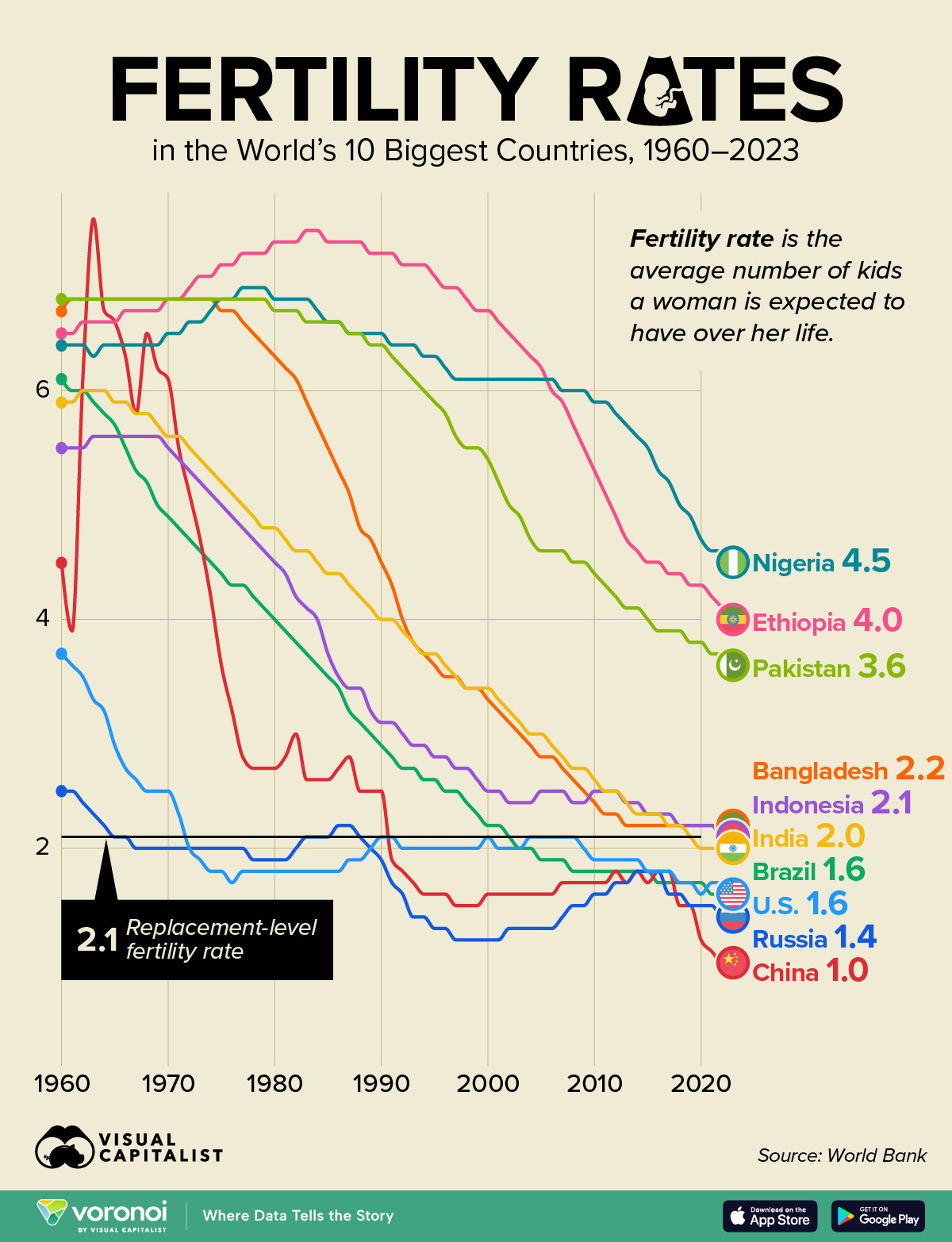
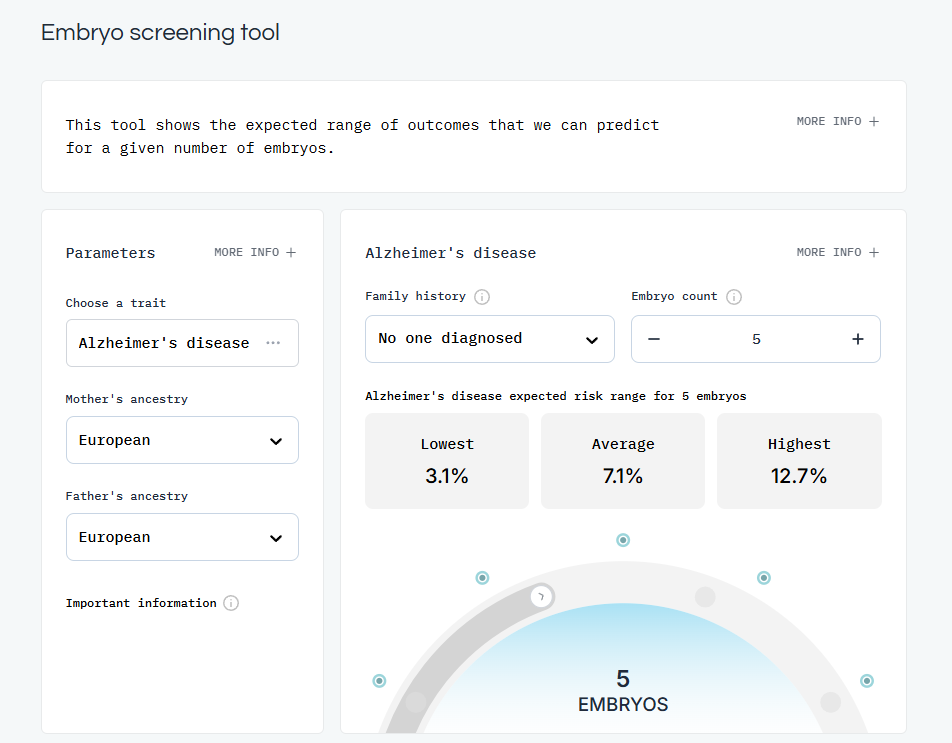
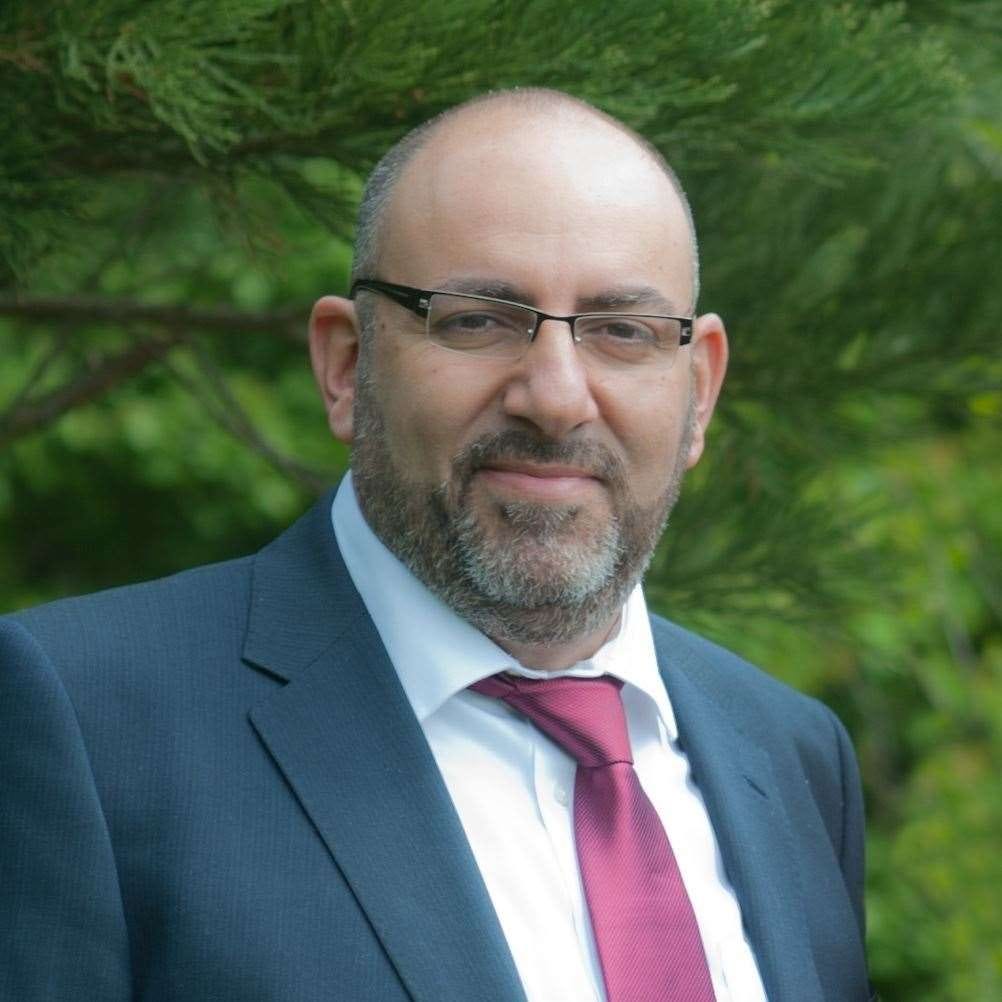
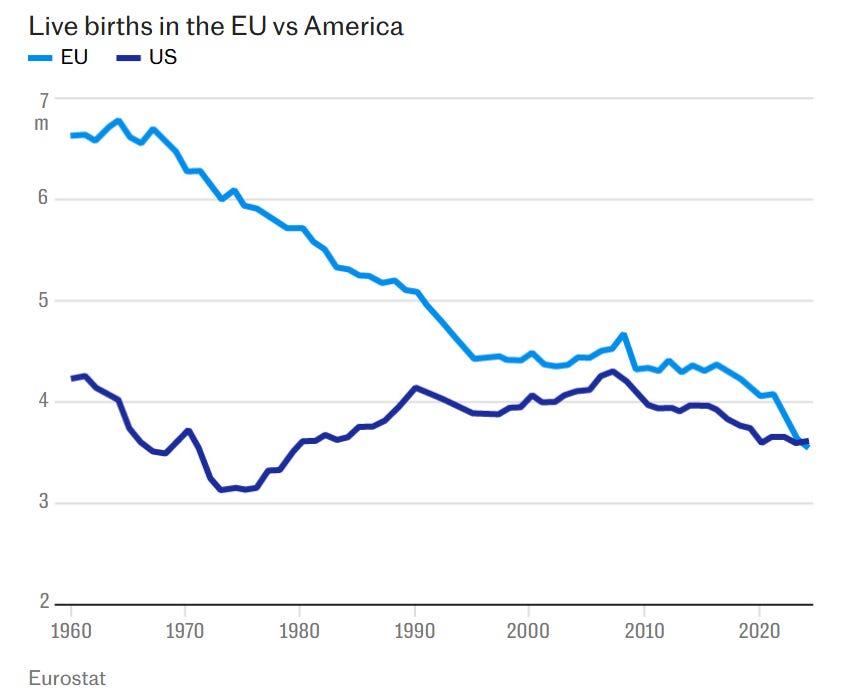
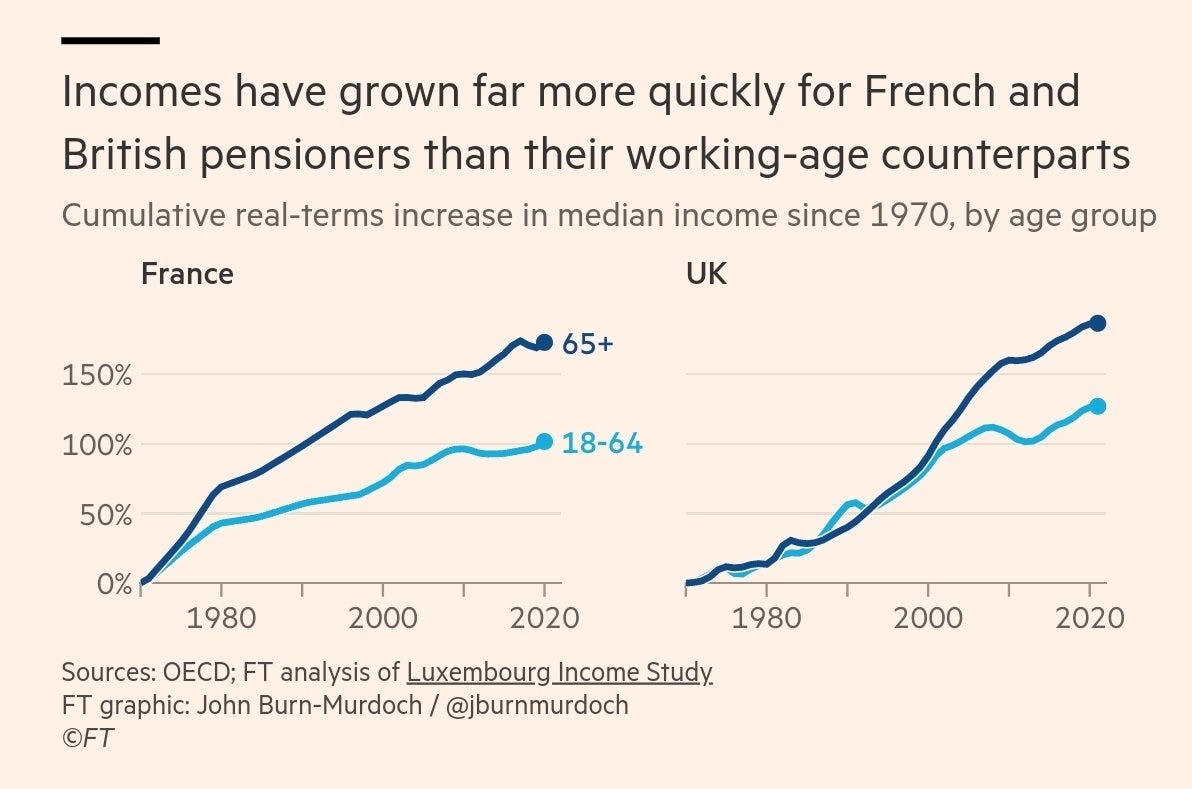
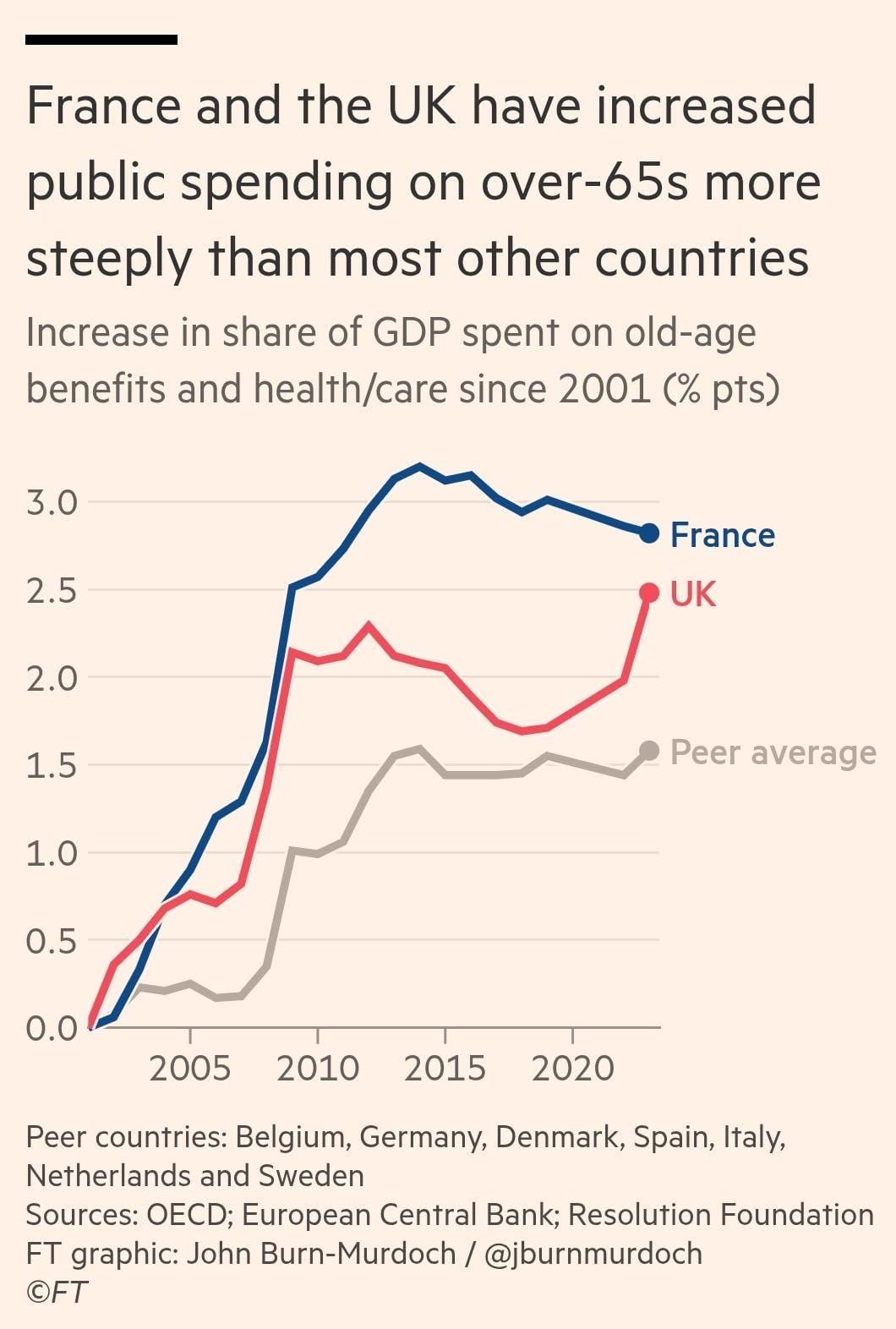
The Mitalipov lab's mitomeiosis study is some really interesting science, but I don't think you can call these eggs functional. They have lots of abnormalities with chromosome segregation, and with the system they currently have, there's not any easy way of fixing this (because chromosome pairing depends on meiosis I, and the proteins for this aren't present in adult eggs).
I STRONGLY agree with Metacelsus. First I heard about the Mitalipov lab's work, I got very excited. I'm a big fan (on balance) of IVG (and wrote a book about it, The End of Sex and the Future of Human Reproduction). The experiments were cool and interesting, BUT right now they've got at least one killer problem (w/no obvious solution), another important limitation, and a possible big problem.
1. Their mitimeiosis method did reduce the chromosomes from 46 but rarely to 23, and NEVER to 1 each of 1-22 plus a sex chromosome. This is a HUGE problem. Almost all such aneuploidies will NOT be viable. And I don't see any good easy fixes for it...but this is a good lab and I'm sure they are thinking about it,.
2. Their system requires using a human egg to make a human egg. The first egg is used for cloning/somatic cell nuclear transfer, moving the genome of the person who is planned to be the genetic mother into the egg donor's egg. One of the most exciting things about IVG is the potential to avoid (expensive, unpleasant, and risky) egg harvest entirely. This fails that goal
3. The chromosomes did not recombine. Normally in meiosis, the chromosome 1s from the egg "owner's" mother and father line up and start switching bits and pieces around. Otherwise, each of your chromosomes would come entirely from one of your grandparents. Recombination, in theory, produces more genetic diversity and is good for the species (and maybe the individuals) How important would its absence be? I don't think we have any idea, And I'm not sure how could find out except by trying it in Mitalipov's mitimeiotic eggs - but NOT human ones at this point!
So, yes, I was very excited. I've been waiting nearly a decade for this kind of proof of principle. But this, alas, isn' it. (And, if you want, you can see me quoted to that effect in NPR, Stat, and Wash Post.)
Sorry!
Hank Greely